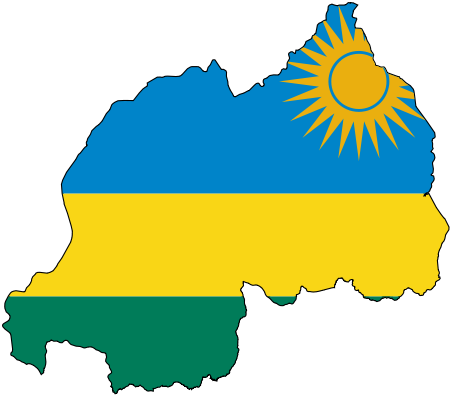Community Opioid Intervention Prevention Program
The purpose of this grant program is to address the opioid crisis in American Indian and Alaska Native (AI/AN) communities by doing the following:
first, developing and expanding community education and awareness of prevention, treatment, and recovery activities for opioid misuse and opioid use disorder; second, increasing knowledge and use of culturally appropriate interventions and to encourage an increased use of medication-assisted treatment/medications for opioid use disorder (MAT/MOUD); third, supporting Tribal and Urban Indian communities in their effort to provide prevention, treatment, and recovery services to address the impact of the opioid crisis; and fourth, increase harm reduction within their communities.
first, developing and expanding community education and awareness of prevention, treatment, and recovery activities for opioid misuse and opioid use disorder; second, increasing knowledge and use of culturally appropriate interventions and to encourage an increased use of medication-assisted treatment/medications for opioid use disorder (MAT/MOUD); third, supporting Tribal and Urban Indian communities in their effort to provide prevention, treatment, and recovery services to address the impact of the opioid crisis; and fourth, increase harm reduction within their communities.
Agency: Department of Health and Human Services
Office: Indian Health Service
Estimated Funding: $9,500,000
Office: Indian Health Service
Estimated Funding: $9,500,000
Obtain Full Opportunity Text:
N/A
Additional Information of Eligibility:
To be eligible for this funding opportunity an applicant must be one of the following, as defined by 25 U.S.C.
1603:• A federally recognized Indian Tribe as defined by 25 U.S.C.
1603(14).
The term “Indian Tribe” means any Indian Tribe, band, nation, or other organized group or community, including any Alaska Native village or group, or regional or village corporation, as defined in or established pursuant to the Alaska Native Claims Settlement Act (85 Stat.
688) [43 U.S.C.
1601 et seq.], which is recognized as eligible for the special programs and services provided by the United States to Indians because of their status as Indians.• A Tribal organization as defined by 25 U.S.C.
1603(26).
The term “Tribal organization” has the meaning given the term in section 4 of the Indian Self-Determination and Education Assistance Act (25 U.S.C.
5304(l)): “Tribal organization” means the recognized governing body of any Indian Tribe; any legally established organization of Indians which is controlled, sanctioned, or chartered by such governing body or which is democratically elected by the adult members of the Indian community to be served by such organization and which includes the maximum participation of Indians in all phases of its activities: provided that, in any case where a contract is let or grant made to an organization to perform services benefiting more than one Indian Tribe, the approval of each such Indian Tribe shall be a prerequisite to the letting or making of such contract or grant.
Applicant shall submit letters of support and/or Tribal Resolutions from the Tribes to be served.• An Urban Indian Organization (UIO), as defined by 25 U.S.C.
1603(29).
The term “Urban Indian Organization” means a nonprofit corporate body situated in an urban center, governed by an Urban Indian controlled board of directors, and providing for the maximum participation of all interested Indian groups and individuals, which body is capable of legally cooperating with other public and private entities for the purpose of performing the activities described in 25 U.S.C.
1653(a).
Applicants must provide proof of non-profit status with the application, e.g., 501(c)(3).
Full Opportunity Web Address:
https://www.hud.gov/program_offices/spm/gmomgmt/grantsinfo/fundingopps
Contact:
Agency Email Description:
Division of Grants Management
Agency Email:
Date Posted:
2023-12-11
Application Due Date:
Archive Date:
2024-03-08
Social Entrepreneurship
Spotlight
Rwanda as Social Entrepreneur Fund Beneficiary

The Republic of Rwanda has been picked as one of the six African countries as beneficiaries for a new fellowship fund program designed at supporting social entrepreneurs in tackling issues on food security.
